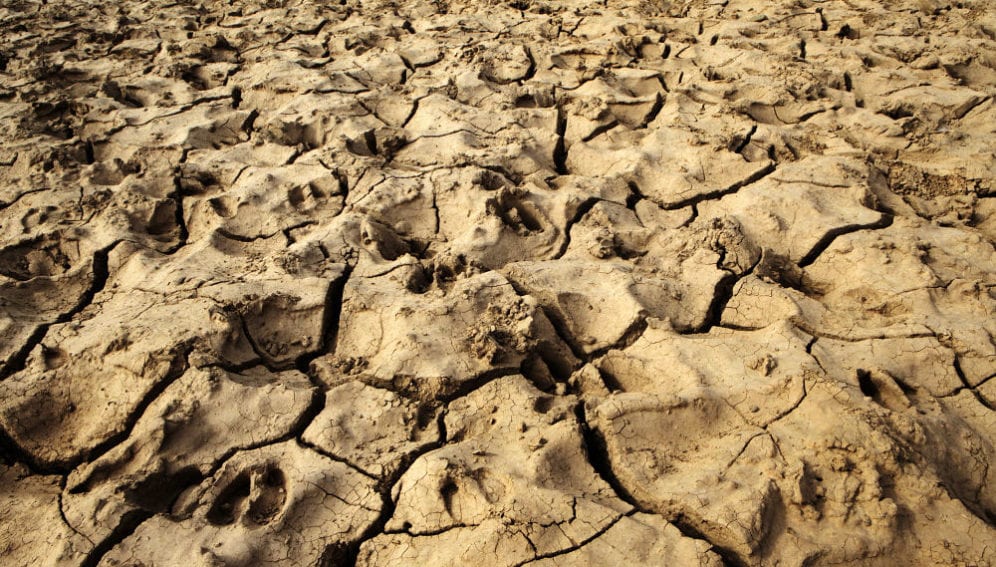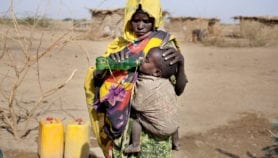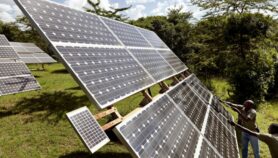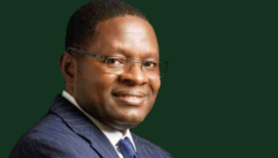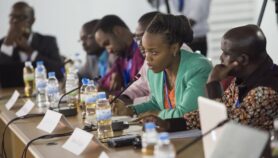By: Jacquie Ogada and Gilbert Nakweya
Send to a friend
The details you provide on this page will not be used to send unsolicited email, and will not be sold to a 3rd party. See privacy policy.
[NAIROBI] The post-2020 climate actions of African countries need to be integrated into national and regional development plans for ease of implementation, a conference has heard.
The climate actions known as nationally determined contributions (NDCs) are key to the Paris Agreement, with each country required to prepare and communicate plans for reducing greenhouse gas emissions and aiding adaptation to climate change.
According to experts who attended the Africa Carbon Forum in Kenya last month (9-13 April), the NDCs are being prepared hurriedly by African countries and are not well structured within sustainable development blueprints of the continent, thus making it difficult for countries to create legal framework for their governance and funding.
“NDCs should target key sectors such as agriculture that contribute to the continent’s economic growth and food security and should be in the development plans such as AU’s Agenda 2063,” said Richard Munang, Africa regional climate change programme coordinator of the United Nations Environment Programme (UNEP).
“NDCs should target key sectors such as agriculture that contribute to the continent’s economic growth and food security.”
Richard Munang, United Nations Environment Programme (UNEP)
The forum which was held concurrently with the Africa Climate Week and hosted by Kenya’s National Environment Management Authority brought together experts from academic institutions, civil society, research institutions, government and the private sector.
It was co-organised by the United Nations Framework Convention on Climate Change, the African Development Bank, the World Bank, Climate Challenges Market Solutions and UNEP.
Al-Hamdou Dorsouma, manager, Climate Change and Green Growth Division, Africa Development Bank, said that there is a need for countries to develop the NDCs by themselves.
“Many of the NDCs in Africa are developed by external experts, thus leaving out Africa’s priority of climate change adaptation,” Dorsouma explained.
In an interview with SciDev.Net, Dorsouma said there is a need to create and support a regional hub that pools resources and experts together to help Africa develop NCDs based on their needs before the year 2020.
“Some NCDs are not well developed because there are no standards,” he said, adding that there is a need for setting standards that reflect the reality of Africa.
He urged African nations to change the narrative that climate change is a threat to that of being an investment opportunity.
For example, he said that increased use of renewable energy could reduce greenhouse gas emissions. “We need to make climate change a business for the private sector to inject money by developing innovations and solutions to help adapt to it,” Dorsouma added.Josefa Sacko, the African Union’s commissioner of rural development and agriculture, told participants that Africa’s biggest challenge to the drawing and implementation of NDCs is insufficient funding.
African countries, she said, needs to raise their level of ambition in the implementation of NDCs, as well as increase dialogue with developed counterparts for financial support.
Such South-North dialogue, she explained, could also help African countries build the necessary capacity for the implementing NDCs.
She lauded Uganda for being the first African country to have an NDC partnership plan, Kenya for supporting the development of the National Climate Change Action Plan 2018-2022, Mali for building an investment plan and Morocco for creating a climate change competence centre.
This piece was produced by SciDev.Net’s Sub-Saharan Africa English desk.


